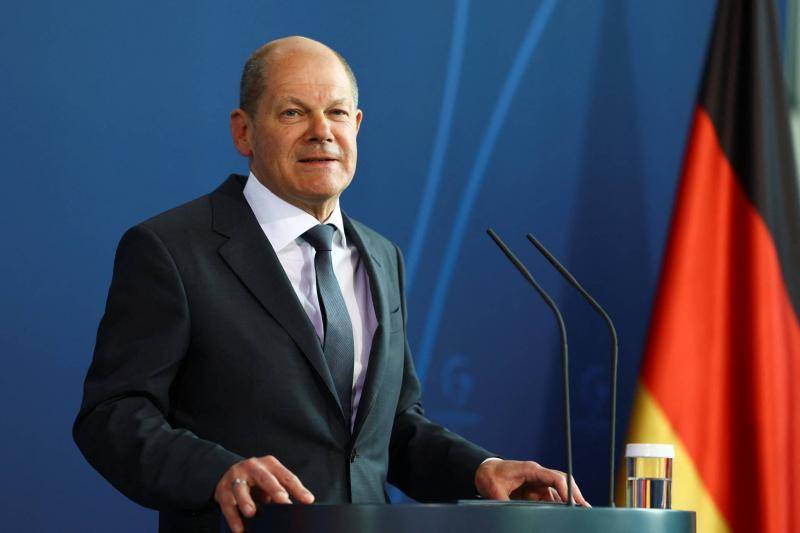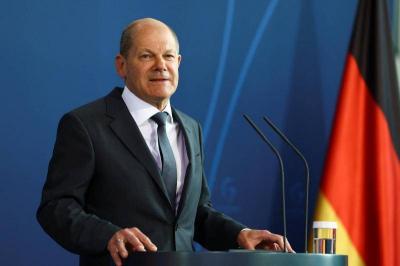At a sensitive time amid the West's hardening stance on China's trade practices and criticism over its support for Russia, German Chancellor Olaf Scholz is heading to Beijing today, Saturday. This visit comes after Scholz surprised Germans days ago by joining the Chinese platform "TikTok," which faces numerous accusations regarding its ties to the Chinese government and data leaks, especially as criticism towards Beijing grows due to its close relationship with Moscow.
The German chancellor, who faces national elections in over a year, is struggling with record-low approval ratings, a divided coalition, and a slowdown in the country’s strong economy. His three-day visit to Beijing, which is considered his longest and most significant foreign trip since taking office in late 2021, presents an opportunity not only to demonstrate his global standing but also to show German voters that he will do everything necessary to maintain the country’s economic strength, according to Politico.
Historically, the path to China has been paved with gold and riches for German exporters, enhancing their profits and maintaining Germany’s status as one of the world’s best economies. For German companies like Siemens and Volkswagen, which began investing in Beijing 40 years ago, China has now become a cornerstone of their global businesses. China alone accounts for about 50% of Volkswagen's global car sales. The Chinese market is also crucial for many other major German companies.
In this context, Moritz Schulz, president of the Kiel Institute for the World Economy, stated, “Trade with China brings prosperity to Germany and is practically indispensable in the short term.” Given the difficult economic crisis facing Germany, Scholz has no choice but to seek ways to boost exports. With the success of German companies in China over the years, there is no better place for him to demonstrate to voters that he is serious about this endeavor.
It is worth noting that since 2023, economists and the International Monetary Fund have predicted that the German economy will continue to be in recession. Exports have dropped by more than 2% so far this year, with no signs of relief in sight. Although employment rates in Germany remain strong, they could change rapidly if the economy does not recover.




